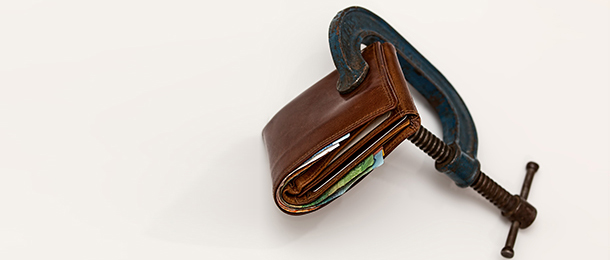The head of a prominent funds management house has predicted the proposed Division 296 tax will significantly diminish the supply of critical capital required for start-up companies as many of these enterprises rely on SMSFs for funding.
“[The proposed tax] will stop people from committing risk capital. Fifty to 60 per cent of the start-ups in Australia get their money from self-managed super funds,” Wilson Asset Management (WAM) founder Geoff Wilson said during a television interview.
“Why would I invest say $100,000 or less in a small risky company [where] if the value goes up I’m going to have to pay tax on it?” he asked.
He pointed out the taxation of unrealised capital gains, like the Division 296 tax is slated to do, has historically not been a successful policy.
“Taxing unrealised gains has failed globally and it is just bad tax policy.”
According to Wilson, the new measure is highly unlikely to generate the revenue the government has included in its forward estimates.
“The taxes [the government] anticipates it will raise [will not be] raised. We’ve seen that in the UK recently [where] they increased their capital gains tax by 20 odd per cent and the tax take actually dropped by 10 per cent. People are smart. For every action there is an equal and opposite reaction,” he said.
He revealed some WAM clients with a total super balance of more than $3 million have already started to move money out of their funds preferring instead to invest the amounts into their primary place of residence or gift the drawdowns to their children or grandchildren.
Further he predicted superannuant reaction will be detrimental to the Australian economy.
“We’ve done a whitepaper on this and we estimate that $155 billion is going to come out of those self-managed super funds and go into the property market just at a time where we don’t need more demand in the property market,” he noted.
In addition, he suggested it will exacerbate sequencing risk among retirees.
“People don’t mind paying additional tax in their super fund. What they don’t like is taking the enormous risk that they may pay the tax and the value of their investments might fall significantly.
“Anyone who is a little bit older has lived through the GFC (global financial crisis) or the 1987 stock market crash where your investments in the stock market fall 50 or 60 per cent. Eventually they recover but if you paid tax on the higher amount…and you’re older you take an enormous amount of risk.
“So unfortunately it’s the dismantling of the superannuation system,” he said.
In a separate television interview the Greens have already indicated they will support the tax in the upper house.
“We’ve never thought it’s a great idea for people with multi, multi-million dollar superannuation balances to get a massive tax concession,” Greens senator David Shoebridge said.
“We’re always open to proposals that make our tax system fairer,” he added.
After the May federal election the government will only require the support of the Greens in the Senate to pass the proposed legislation.
Make sure to attend the SMSF Professionals Day 2025 to find out the superannuation implications of the recent federal election result in person. Please visit www.accurium.com.au/smsf-professionals-day/ to register.




